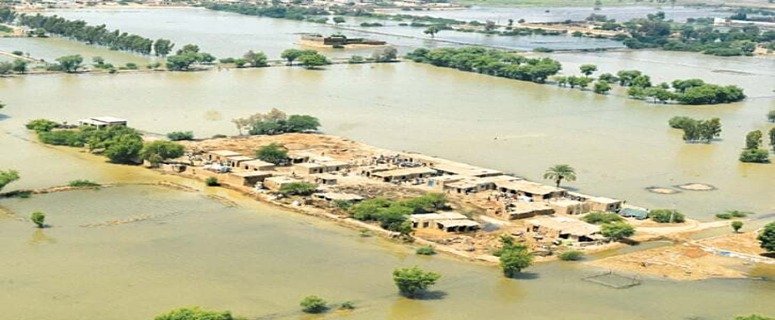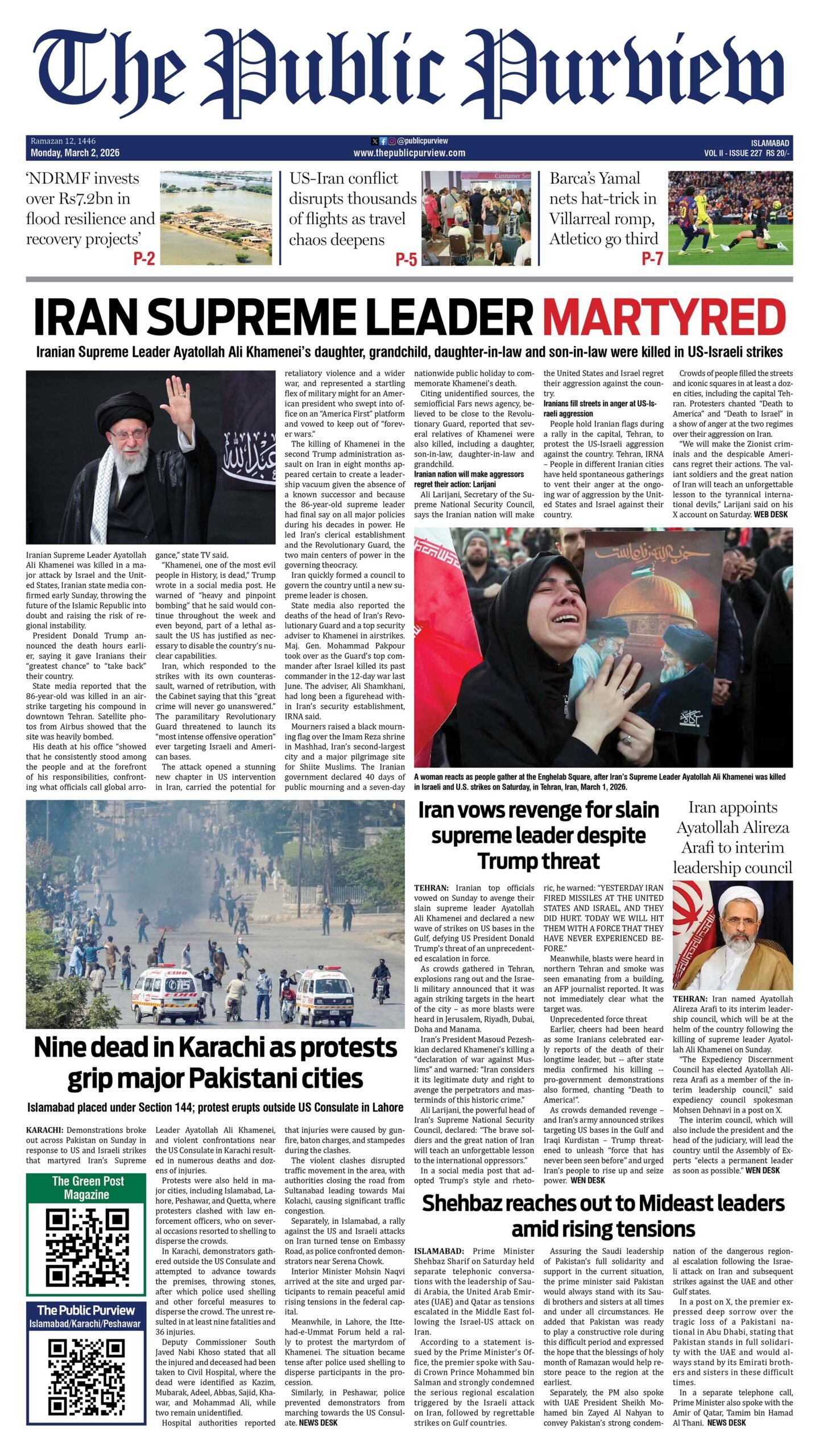The federal government’s recent decision to ban Tehreek-e-Labbaik Pakistan (TLP) under the Anti-Terrorism Act marks a pivotal moment in Pakistan’s ongoing struggle to balance national security with democratic freedoms. It reflects not only a response to immediate threats but also a broader assertion of the state’s authority in regulating political conduct that veers into violence.
On October 23, 2025, the Federal Cabinet, chaired by Prime Minister Shehbaz Sharif, formally declared TLP a proscribed organization under Section 11B of the Anti-Terrorism Act, 1997. The decision followed a detailed briefing by the Interior Ministry and recommendations from the Punjab government, which cited the group’s repeated involvement in violent protests, incitement, and disruption of public order. According to official statements, the government had “reasonable grounds to believe” that TLP was connected with terrorism and posed a threat to national stability.
TLP’s History of Street Power and Disruption
TLP, a far-right religious political party, rose to prominence in 2017 and has since been associated with aggressive street demonstrations, often triggered by sensitive religious issues. While the party claims to defend Islamic values, its methods have frequently resulted in clashes with law enforcement, damage to public property, and paralysis of civic life. The government’s decision to reimpose the ban—previously lifted in 2021 after assurances of non-violence—signals a loss of confidence in the group’s ability to operate within legal and peaceful boundaries.
Balancing Religious Rights with Rule of Law
This development must be viewed through a lens that respects both Pakistan’s constitutional framework and its institutional integrity. The right to political expression and religious belief is protected under the law. However, when such expression manifests in violence or undermines the rule of law, the state is obligated to intervene. The ban on TLP is not a rejection of religious sentiment but a response to the misuse of that sentiment for political agitation and public disorder.
Legal Review and Institutional Oversight
The timing of the ban is also significant. Pakistan faces a complex internal landscape marked by economic pressures, regional instability, and a growing need for institutional coherence. In such an environment, the state cannot afford prolonged disruptions that erode public trust or weaken governance. The reimposition of the TLP ban sends a message that political legitimacy must be earned through peaceful engagement, not coercive mobilization.
Critics argue that banning political entities risks alienating segments of the population and may drive dissent underground. Yet, the government has emphasized that the decision was made after careful legal review and in consultation with relevant stakeholders. The Interior Ministry has directed law enforcement agencies to enforce the ban in accordance with legal protocols, and the Law Ministry is preparing a reference for the Supreme Court to formalize the decision. This procedural rigor is essential to ensure that the ban withstands judicial scrutiny and does not set a precedent for arbitrary suppression.
Democratic Resilience and the Path Forward
Pakistan’s democratic resilience depends on the ability of its institutions to uphold law and order without compromising fundamental rights. The TLP ban should serve as a reminder that political activism must remain within the bounds of peaceful engagement. It also underscores the importance of institutional accountability and transparent governance in managing sensitive national issues.
Moving forward, the government must remain vigilant in ensuring that enforcement does not devolve into overreach. Civil liberties must be protected, and avenues for lawful political participation must remain open. At the same time, groups that exploit religious sentiment for disruptive ends must be held accountable.
As Pakistan continues to navigate complex internal and external challenges, decisions like these must be rooted in legal clarity, public interest, and a commitment to national unity. The path forward lies in fostering inclusive dialogue, strengthening institutional capacity, and ensuring that political discourse contributes to—not detracts from—the country’s stability and progress.
Read editorial and expert opinions here: https://thepublicpurview.com/category/blog/
Stay updated with verified reports, impactful headlines, and real-time coverage. We bring you trusted news from across Pakistan and beyond. For full stories, in-depth analysis, and exclusive updates, follow or visit our website. Your source for credible journalism, national resilience, and the voices that matter most—delivered with clarity, urgency, and integrity.
For climate-related stories, visit: The Green Post







 Today's E-Paper
Today's E-Paper